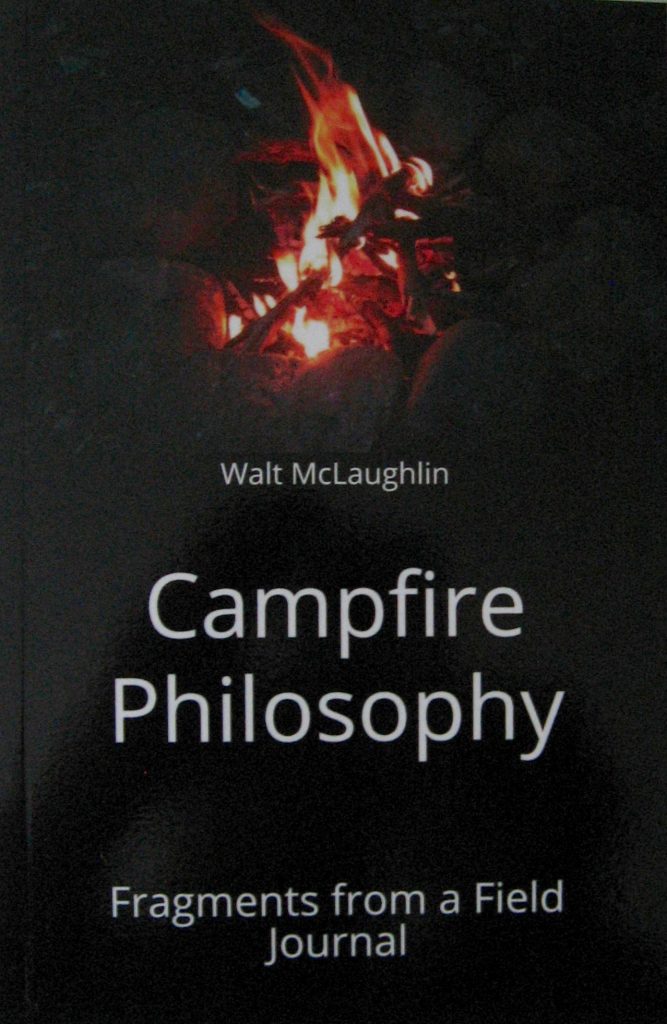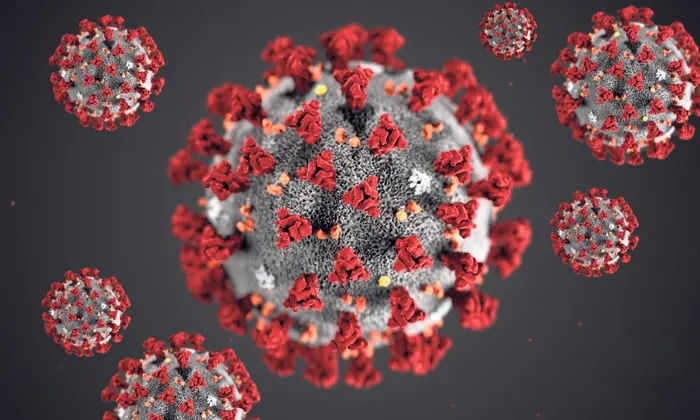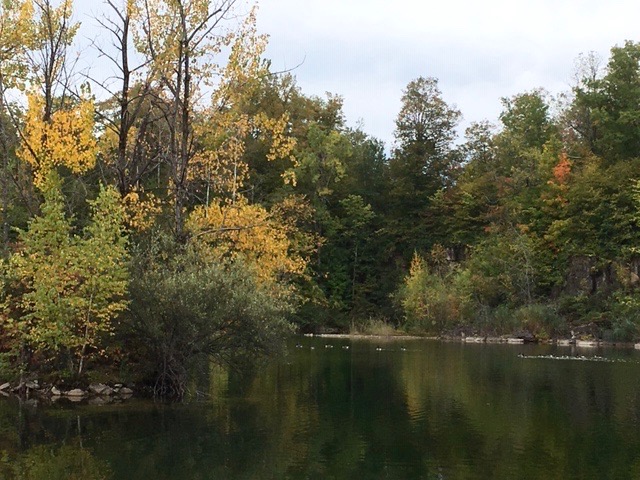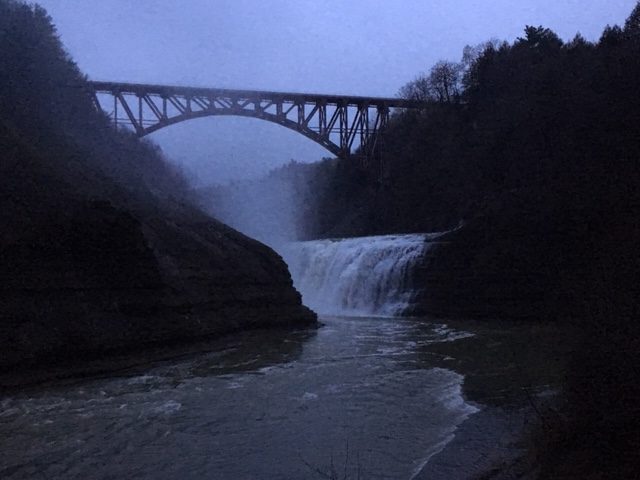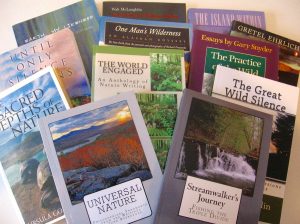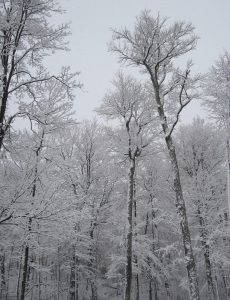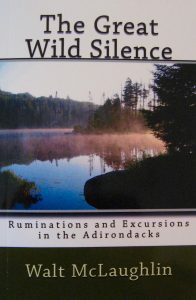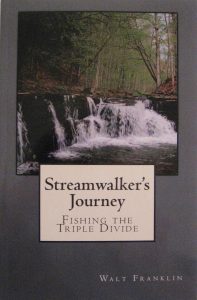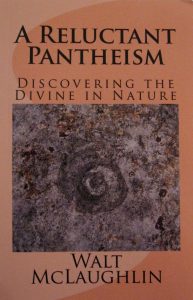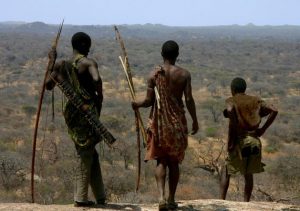 For the past year and a half, I have been pondering human nature and its relationship to wildness. I have read dozens of books on the subject, and have approached the matter from various angles: philosophical, anthropological, biological, historical and naturalistic. The more I look into the matter, though, the more befuddled I become, often getting bogged down in the morass of morality where the vast majority of people plant their flags then forget about the matter. It has been a daunting undertaking to say the least.
For the past year and a half, I have been pondering human nature and its relationship to wildness. I have read dozens of books on the subject, and have approached the matter from various angles: philosophical, anthropological, biological, historical and naturalistic. The more I look into the matter, though, the more befuddled I become, often getting bogged down in the morass of morality where the vast majority of people plant their flags then forget about the matter. It has been a daunting undertaking to say the least.
Wildness, I am certain, is the key to understanding who/what we are, for we are creatures as natural as any other. But there’s a fundamental problem here, and that is the rise of civilization a little over 5,000 years ago. What happened to us then?
To some people being civilized is what makes us fully human. That has been a convenient excuse, anyhow, for the subjugation of more primitive peoples through the millennia – those with less sophisticated means of conducting war that is to say. But I don’t abide by that prejudice. In fact, I suspect that more primitive peoples, living closer to the earth, are much more in touch with their humanity than those of us living indoor, urban lives, staring at our electronic devices, largely removed from nature.
It is now widely accepted in scientific circles that anatomically modern humans have been around over 100,000 years. That is, people who look pretty much like humans living today. About 50,000 years ago, our species underwent a great cultural transformation that resulted in behaviorally modern humans. That is, people who think, behave and interact with each other much the same way we do. Up until 10,000 years ago, we were all hunter/gatherers with an intimate understanding of the flora and fauna around us. In that regard, our being agriculturalists and urbanites – the two pillars of civilization – is a relatively new development with little bearing upon our basic humanity, if any at all.
I don’t believe for a second that pre-civilized life was some kind of Eden where human beings lived in peace with each other, always prosperous, healthy and happy, and in complete harmony with nature. The human bone and skull fragments our archeologists have dug up pretty much rule out all that. But there is something about those living closer to the earth that undercuts the arrogant and grossly misleading presumptions that we highly civilized folk have about ourselves and the world.
Soon I will try to write about this subject, if I can muster the humility, honesty and courage to do so. But I don’t think the resulting book will be very popular, even by the modest standards of my somewhat dubious literary career. Generally speaking, those of us firmly ensconced in today’s complex, industrialized and digital world do not respect our distant ancestors, or the remnant bands of hunter/gatherers who still live as they did. Our collective arrogance in that regard is profound. We civilized folk think we have it all going on.
Tags: being human, civilization, human nature, hunter/gatherers, nature, prehistory, wildness
